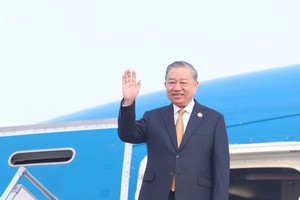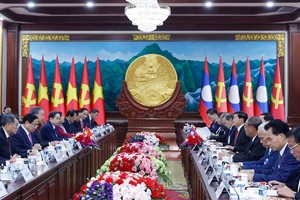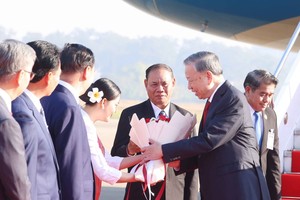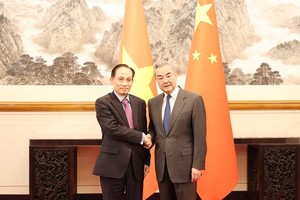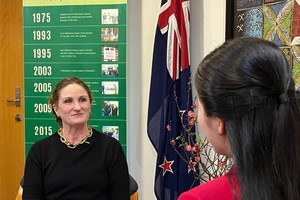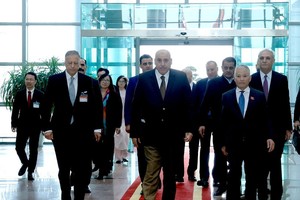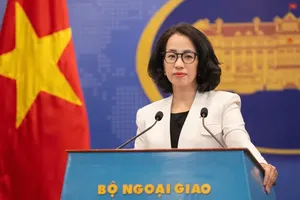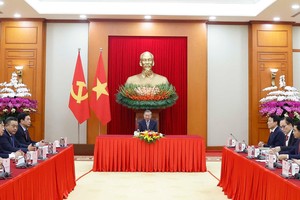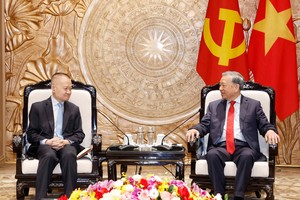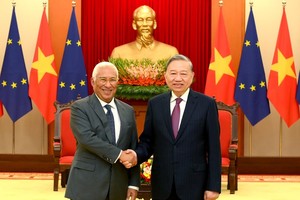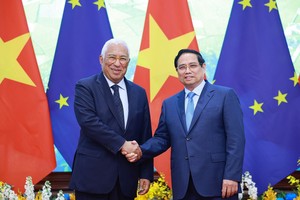More than 200,000 South Korean taxi drivers staged a rare day-long nationwide strike Wednesday for higher fares and cheaper fuel, prompting authorities to run extra bus and subway services.
About 220,000 of the country's 255,500 licensed cabbies joined the stoppage, the transport ministry said, adding there would be extra buses in the capital Seoul and the second city Busan, and more trains on the Seoul subway.
"We don't expect any major transportation crisis since taxis are not a major part of people's daily commute," a ministry spokesman told AFP. "But we are still keeping a close eye on the situation."
There was no major turmoil during morning commuting hours due to the increased bus and subway services, and the absence of taxis actually eased gridlock on the roads, Yonhap news agency reported.
Tens of thousands of drivers rallied in central Seoul, demanding a rise in the flagfall rate of 2,400 won ($2.08) and cuts in the price of liquefied petroleum gas (LPG) used to fuel most taxis.
"Sorry about the inconvenience to the public... but everything from utilities to food prices are rising, except for taxi fares!" a rally organiser shouted through a loudspeaker, drawing cheers from the crowd.
Taxi drivers from across the nation, wearing headbands reading "Safeguard our livelihood!", chanted slogans including demands for government financial aid.
"The anger of taxi drivers that has long been bottled up is finally exploding on June 20," the Korean Taxi Workers' Union said in a statement.
It said the domestic LPG price had surged 50 percent over the past four years and accused fuel providers of "pocketing massive profits... while the livelihood of taxi drivers couldn't get worse".
The transport ministry said earlier it had urged South Korean fuel importers such as SK Gas and E1 to try to curb price rises.


